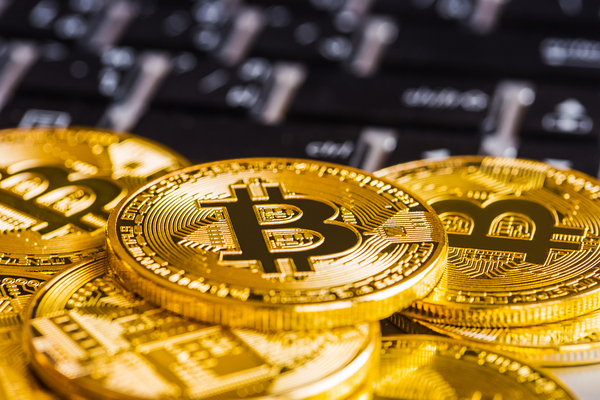
When you spend a dollar, you do not really think about what kind of dollar it is. You do not check the serial number to compare it to the value of another dollar. Dollars are, well, dollars. One dollar on paper is worth the same as a digital dollar deposited in the bank. No bank tells you when you deposit paper dollars “sorry, due to processing, those dollars are worth less than your direct deposit.” This is called “fungibility,” and it is a goal for altcoins, but they may never reach it.
Some will point to the fact that, say, bitcoin is interchangeable with other bitcoin, but that is not quite what fungibility means. Fungibility means that the inherent value of an object translates regardless of form. One troy ounce of gold is worth its market value as a coin, as a bar, or as a board game piece. A dollar is worth the same whether it is a paper bill, a dollar coin, four quarters, or one hundred pennies. More importantly, that dollar or that gold is ahistorical. That could be a serial killer’s dollar for all you know. With altcoins, however, you have an idea of who owned them.
Ironically, the blockchain is the big issue here. It makes it easier for buyers to determine if a coin has a questionable history, and that drives down their value. If an altcoin is from North Korea, for example, buyers will likely pass, making that altcoin less valuable than a “clean” one. So what keeps altcoins from being fungible is, ironically, what makes them fascinating. There is nowhere for sketchy buyers and sellers to hide. To learn more about fungibility and altcoins, subscribe to the Bitcoin Market Journal newsletter!

